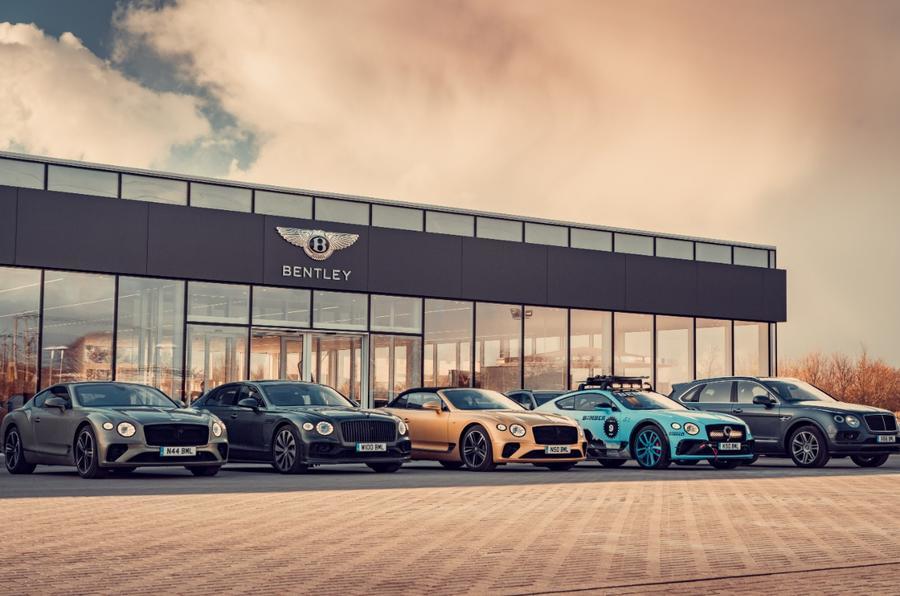Uncertainty typically creates winners and losers, but you would have to scratch around forensically to discover evidence of any automotive companies that can declare themselves winners so far in this crisis. Across UK manufacturers, retailers and suppliers, this is typically a £300 billion-turnover industry that today is largely on its knees, begging for mercy.
Hope is on the horizon, however. Production is ramping up. From 1 June, retailers can likely reopen their premises again. Already there are reports of deals being done and orders being taken online. Step by slow step, the wheels of this juggernaut industry are starting to turn again. Is it now that the winners will emerge?
There are too many uncertainties to be sure of what lies ahead, but below are five best-guess insights into which companies – or which types of company, because some of the attributes apply elsewhere – might be able to make the most of a severely disrupted marketplace, as well as five that may potentially struggle.
Is it time for a comeback for this once-moribund brand? Owner SAIC is a well-funded behemoth at home in China, and it has the facilities and cash reserves to make a go of global expansion if it chooses to. If everything falls its way, it will never have a better chance. For the past 18 months or so, MG has been making slow but steady progress in the UK market, last year growing its market share beyond 0.5%. While that’s still tiny, it places it ahead of Jeep and last year resulted in a smattering of interest from dealer groups keen to open franchises to lure in cost-conscious buyers – of which there will be many more now.
The SUV-led product mix is now ripe, and with China seemingly over the worst of the coronavirus impact, MG has factories operating at full speed ready to supply cars. Chances are there are a few ships already heading to the UK to ensure plentiful stock. Add in the prospect of an environmentally-focused scrappage scheme, plus the fact that MG’s growth has been spurred in part by the decently capable and brilliantly well-priced ZS EV and that it has already announced plans to launch the 5 electric estate here this year, and you have the makings of a brand well-placed to seize the moment.






























Join the debate
Add your comment
I like many of JLR's cars except the Discovery 5
The problem in the Uk is that not manu of their cars are under £40k so you get hit with nearly an extra £2000 over 5 years on ved so if you manage to get a basic s model Evoque you can't have metallic paint even as that paint or privacy glass KNOCKS YOU OVER THE THRESHOLD AND BOY IT WILL COST YOU.then you have a problem in 5 yrs time who will want your s model for say £16k when you can have the HSE for £17k or so just one of those stupid things that Osborne introducd that narks me,so the Government coffers lose out from me.
Missed out BMW, Mercedes too!!
Sort of a diet article, not a lot of protein, to much Salad dressing?
What about Jaguar Land Rover?
What about Jaguar Land Rover - Britain's largest car maker?